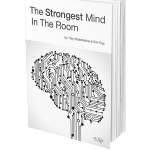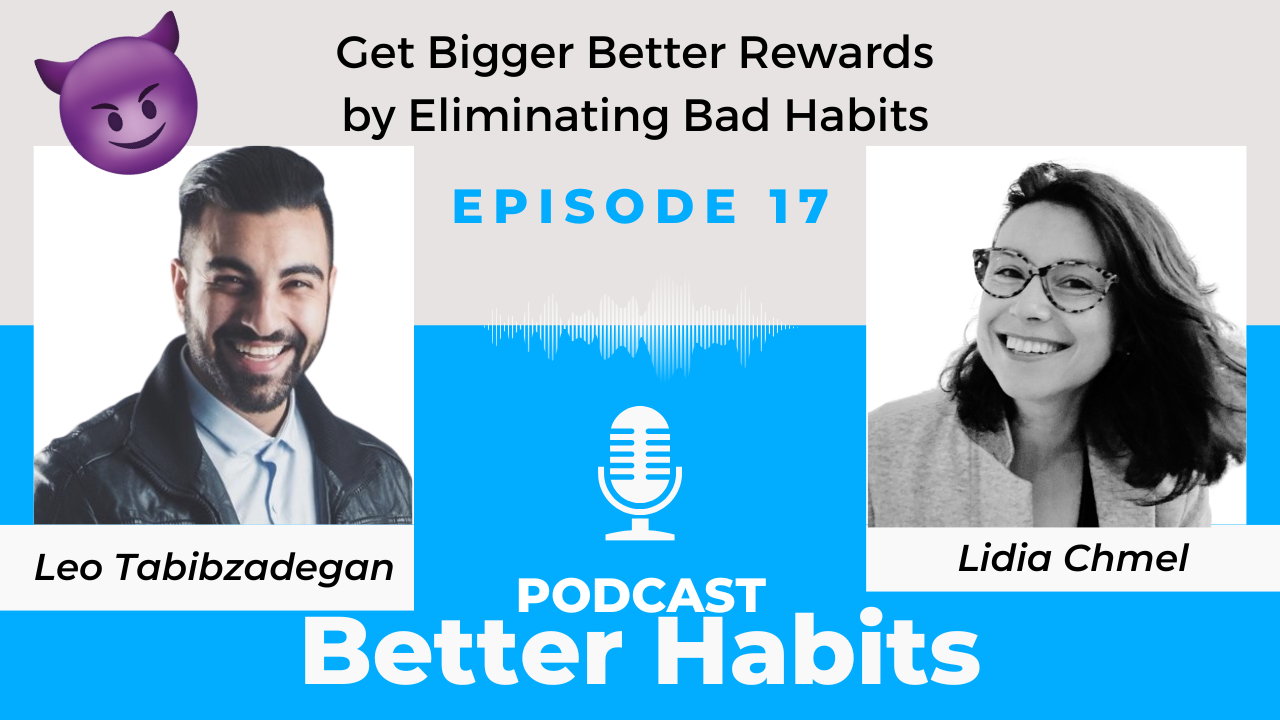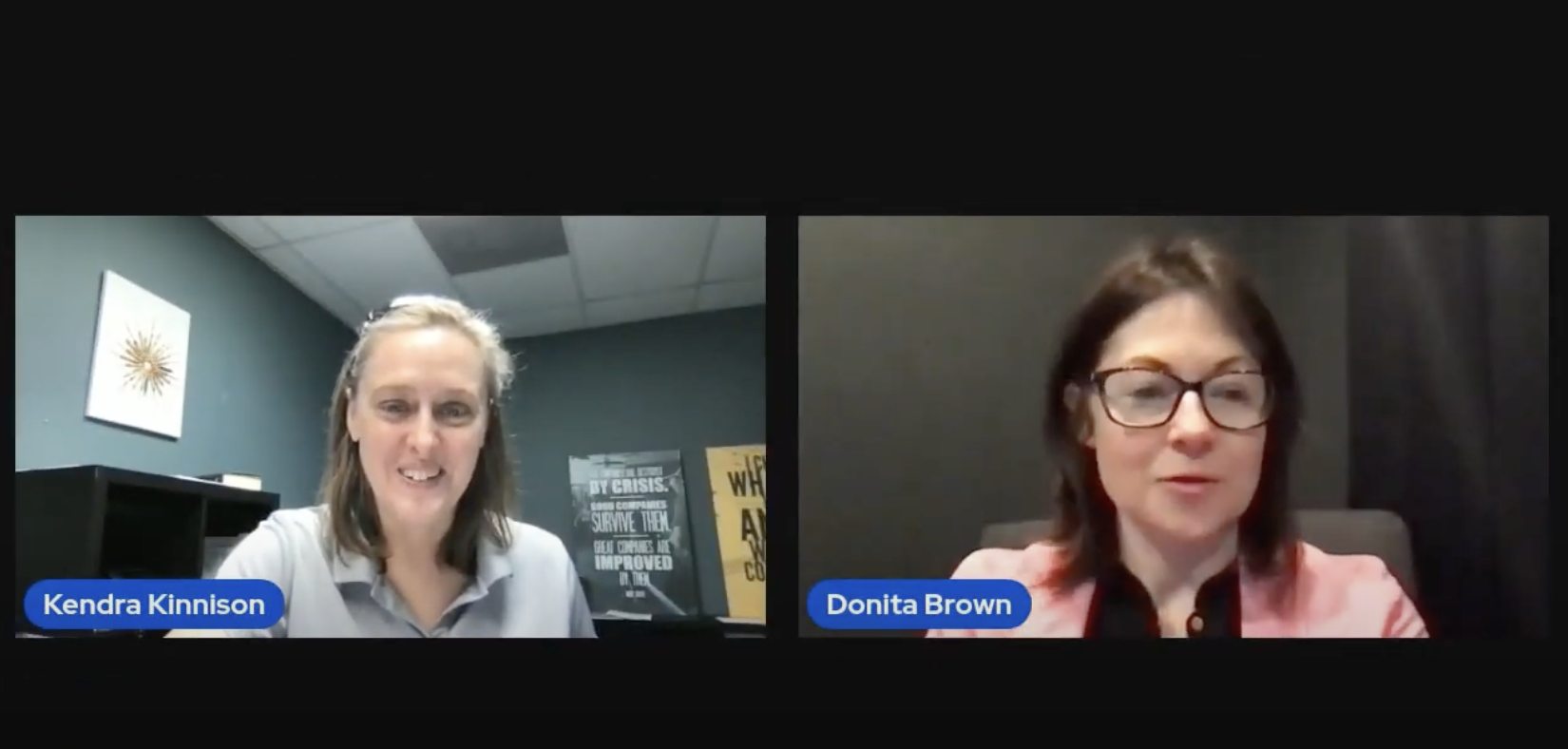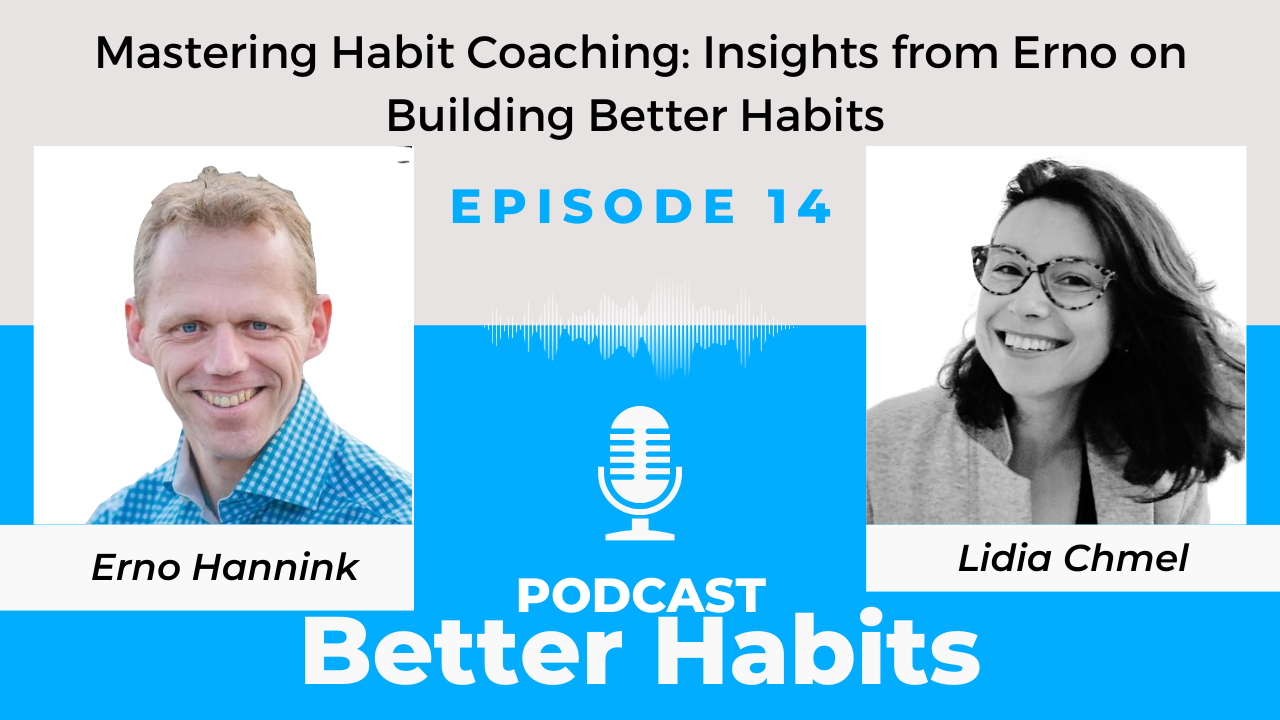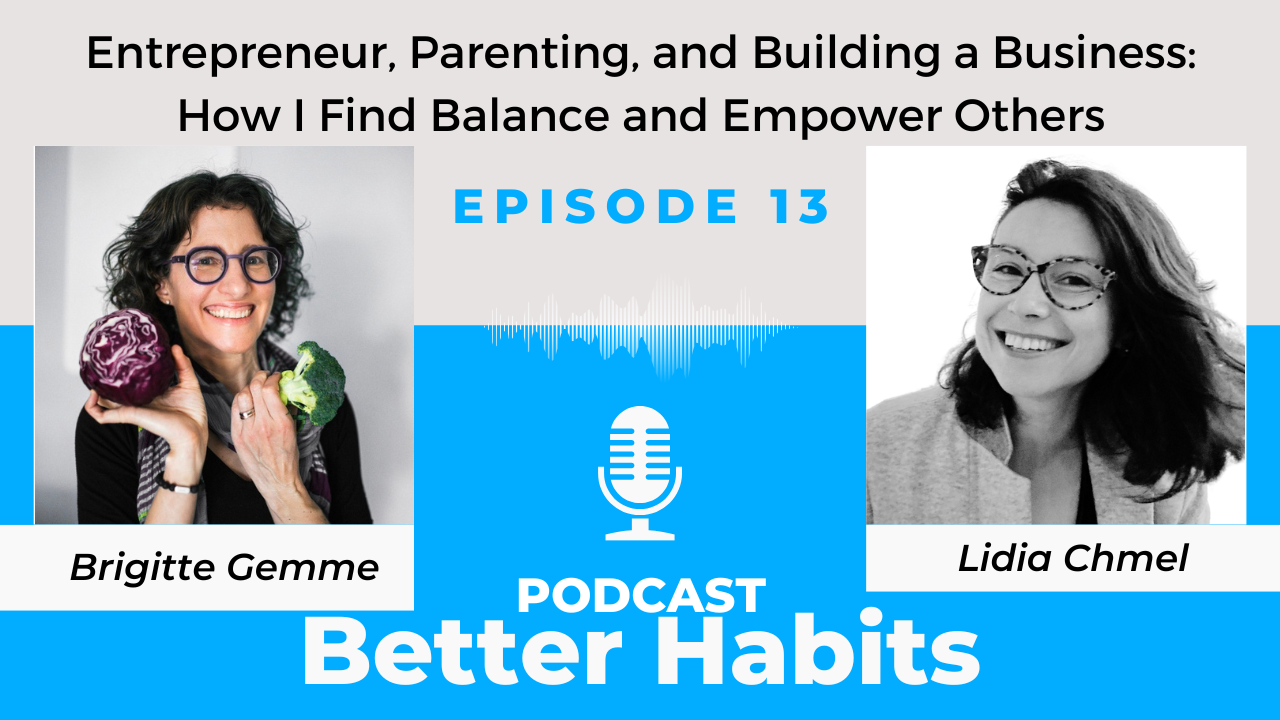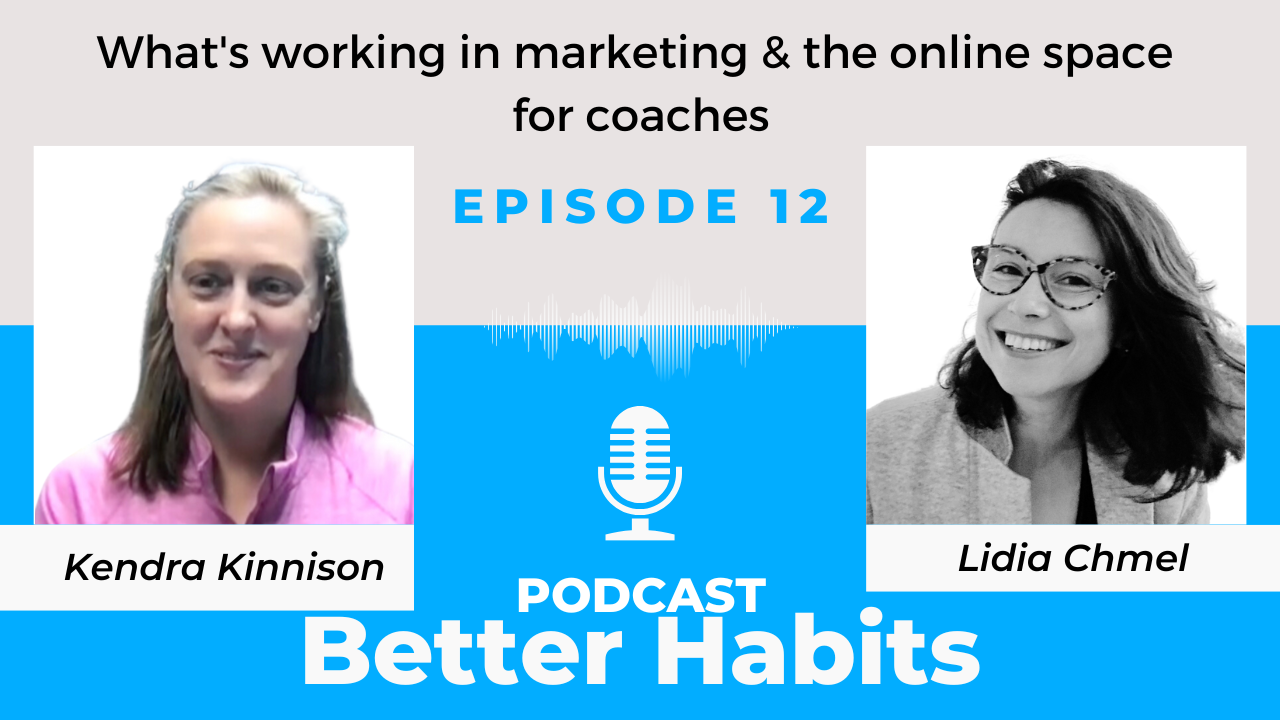“There are two main skills developed through meditation practice which I am finding the most valuable [as an entrepreneur]. First there’s the ability to get things done through a combination of direction, creativity and persistence. And then there is the ability to be genuinely unattached and roll with the outcome of our work in the market given that so much of that is outside of our control. Most entrepreneurs have the former but the ones I have learnt from the most also have the latter.”
Rohan Gunatillake is the creator of buddhify, a guided mediation app available on iPhone and iPad. The app offers meditations tailored to different parts of your day. Buddhify’s guided meditations were created specifically for situations you encounter in your modern urban life: you’ll find meditations that you can do during your commute to work, while walking through a city, when you wait in line, and even one to listen to when you can’t fall asleep. Rohan shared what inspired him to build buddhify, how he got into meditation and the different ways he’s seen meditation improve his life.
Why did you start meditating? What was your goal?
I was finishing up university when I first became interested in meditation. I had done really well academically, had a great quality of life and was starting a lucrative job later that year, so I had pretty much everything that our society told me would make me happy. But after the initial rush that comes with success, there was still this nagging sense of ‘Is this all there is?’ I already had a decent level of calm and my life wasn’t especially stressful or noisy so I guess my goal was to achieve a lasting sense of happiness through exploring my inner life given that my outer life didn’t seem to be the answer. I’m still in the happiness game, but it’d be fair to say that my understanding of what that is has refined quite a lot over time.
What is your meditation routine?
The way I practice nowadays has three main elements. First up I do a formal seated meditation session most days for between half an hour and forty five minutes. Then there’s what I consider a more informal practice of just being aware of my mind–you could call it watching your mind like you watch TV–and I tend to do that as a break from work or when just waking up or going to bed. And the third bit is what I call urban meditation, where I use all kinds of playful techniques and hacks to maintain a decent level of awareness across the day. It’s these little ‘out-and-about’ real-time techniques that you’ll find in buddhify. All of those different styles are equally as important to me. And it’s much less work than it probably sounds!
What is urban meditation?
Urban meditation is what you’re doing if your main style of practicing is done in a fully portable way, out and about – in real-time alongside your other activities such as work, walking around, at the gym, in the kitchen and all the rest. You still do the more conventional formal seated meditation practice but it plays more of a supporting and deepening role than a primary one.
The reason it’s different is that most often people learn meditation the formal and more stylized seated practice first and then are instructed to take that mindfulness training into ‘daily’ or ‘real life’. But people find this hard to do since they’ve learned meditation built on quiet and calm and single-object concentration – and that isn’t necessarily found in the rest of their lives. So urban meditation starts with position of mindfulness everywhere and therefore the idea of integration does not come up since inclusive from the beginning.
It’s the big idea behind buddhify but we don’t go into the ideas and the thinking behind it in the app since we want people to go right into the practice. So that’s why we’ve started working on a book which gives the full picture! And while starting to learn meditation alongside activities instead of in a formal way might sound like a small shift, I believe it’s as fundamental a difference as between desktop and mobile computing.
Can you tell me a story about how meditation improved your life?
It’s tricky to say how meditation has improved my life since I don’t have another life to do any A/B testing against! But facetious answers aside, there are definitely times when I feel the effect of my practice on my work life. I have found that creativity and meditation are best friends, and it’s well known how important creating mental space and unhooking from proliferating thought can really help the mind make new connections and surface new ideas. For me this tends to happen most during very quiet meditations.
I very clearly remember a retreat back in 2011 when in a particularly calm meditation, out of the quite subtle flotsam and jetsam of the mind came the name buddhify. As soon as I heard it I realised it was the most obvious and most perfect name for a real-time meditation app but to that point it had the frankly awful name of The Hear&Now Project. What followed was the relatively comic scene of trying to get a 3G signal in a field in the middle of nowhere to register the URL. In a similar vein, I recently completed a week-long personal retreat for and despite not planning to, I came up with two surprisingly new product ideas for our development pipeline for 2015.
Do you think meditation makes you a better leader?
I feel that my meditation experience has made me more flexible in how I lead teams and projects. In some of my projects I am in a very directorial role, managing a team against a clear set of deliverables and related tasks which I have set. And in other projects, while still in a leadership position, I act more like a facilitator, being sensitive to those in the team and holding the space so they can do what they need to do. While that might not sound related to meditation at first, I’ve very clearly noticed how these are not only two different leadership styles but also two different ways of working with awareness: the top-down fixation of the mind on an object such as the breath and working to stay connected to it as much as possible versus the much more open practice style of resting with an overall field of awareness and letting whatever happens happen. Leadership style and meditation are both essentially ways of working with experience and while it may sound a bit of a stretch, the connections I’ve been able to make between approaches in my meditation and approaches in my work have been really valuable for me.
Do you think meditation gives you a competitive edge?
It all depends on which game you’re playing! As me and my company 21awake look to build on the success of buddhify and create a wider range of beautifully-designed meditation-related products for different use cases, I’d say there are two main skills developed through meditation practice which I am finding the most valuable. First there’s the ability to get things done through a combination of direction, creativity and persistence. And then there is the ability to be genuinely unattached and roll with the outcome of our work in the market given that so much of that is outside of our control. Most entrepreneurs have the former but the ones I have learnt from the most also have the latter.

